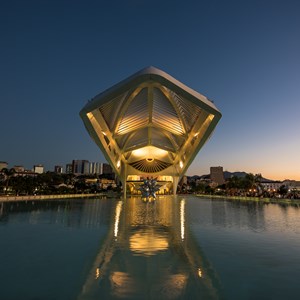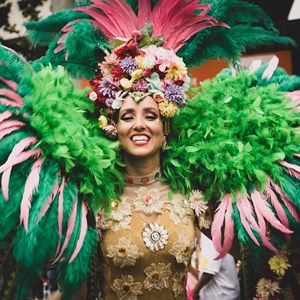

Rio de Janeiro — the city’s name alone conjures up images of pristine beaches, lush forests, and thrilling celebrations. Sitting on top of the Corcovado Mountain, Christ the Redeemer watches over the two-faced party capital of Latin America, split between a bustling urban landscape and an outstanding natural environment. Rio is a city like no other, known worldwide for its magnificent New Year firework display on Copacabana beach, its explosive carnival, its joyful people, and its exquisite multicultural cuisine.
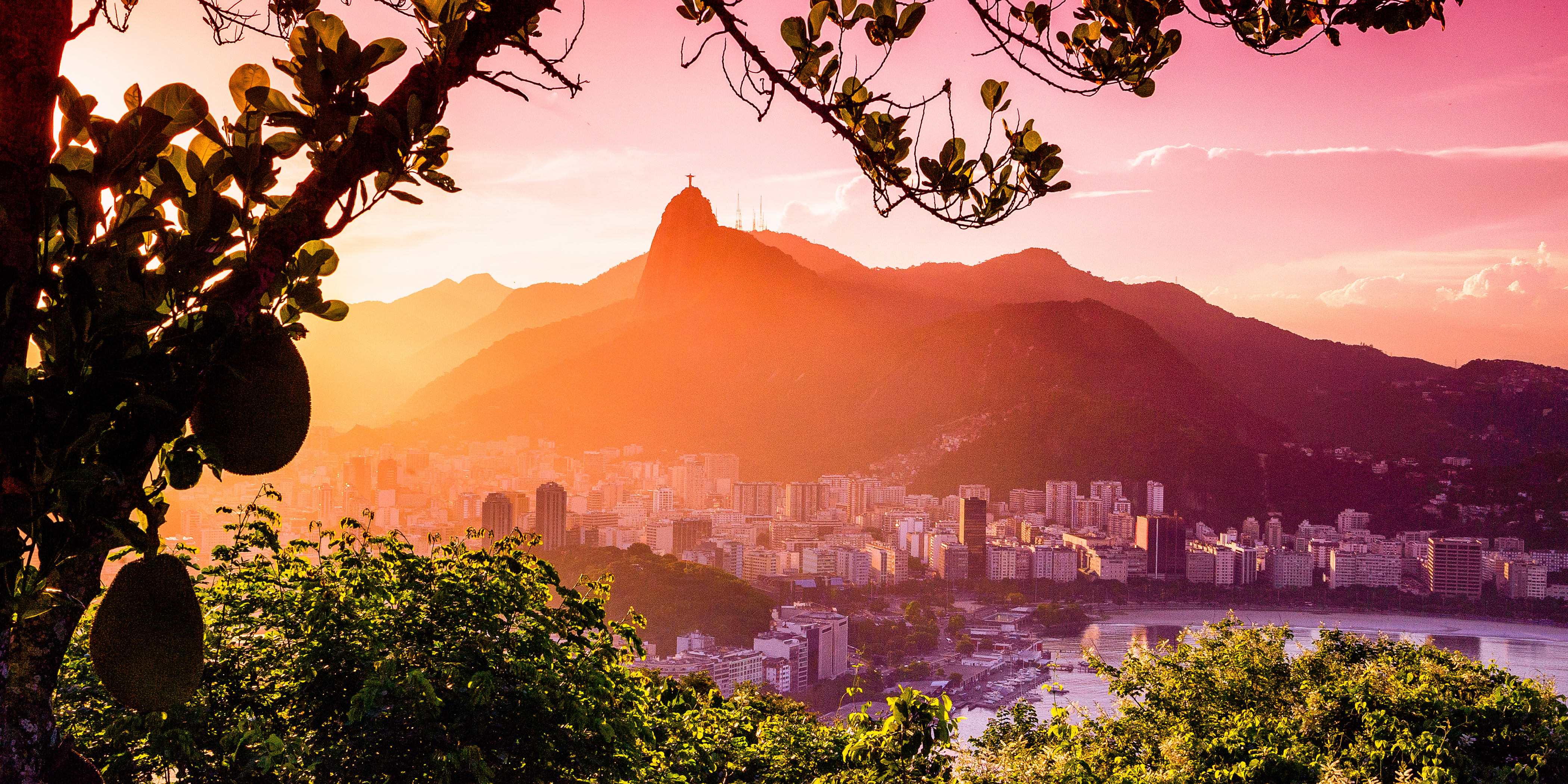 Celso Diniz/Shutterstock.com
Celso Diniz/Shutterstock.com
The City
Rio de Janeiro, which translates to "river of January", sits on the Atlantic coast of Brazil and is the country's second-largest city just behind São Paulo. For over two centuries, it was the bustling capital of Brazil, and it is still, to this day, one of the most important commercial and political centres in the country.
Cariocas' sense of fun is matched only by the spectacular natural environment Rio boasts. The city is surrounded by green hills, nature trails, and large urban forests like Floresta da Tijuca. Its beaches are among the most beautiful in the world, and its crystal-clear waters are home to an abundance of marine life. Besides the famous beaches of Copacabana and Ipanema, located in the heart of the city, other idyllic corners of the coast can be found in the nearby Barra da Tijuca, Prainha, and Urca. Rio de Janeiro has famous landmarks too. Alongside the endless beaches and the massive statue of Christ the Redeemer, the city features The Sugar Loaf Mountain and the iconic favelas.
In addition to its many natural wonders, Rio is renowned for its fascinating and joyful culture, to be admired in its many museums and in its vibrant streets, always flooded with music, dances, and celebrations.
Football is obviously an integral part of the local culture. Head to the Maracanã Stadium, home of the two main teams of the city, Flamengo and Fluminense, to enjoy football as only the Cariocas do.
Do & See
Visiting Rio feels like coming home. A home that looks different than usual, but where everyone can reunite with a part of themselves they didn't know existed. Among the myriad of activities available, the places to be discovered and the people to meet, the throbbing Rio de Janeiro is able to satisfy everyone's needs and hopes, inadvertently providing a tailor-made experience.
 Danita Delmont/shutterstock.com
Danita Delmont/shutterstock.com
Christ the Redeemer
 f11photo/Shutterstock.com
f11photo/Shutterstock.com
Sugarloaf Mountain
 Filipe Frazao/shutterstock.com
Filipe Frazao/shutterstock.com
Rio de Janeiro Carnival
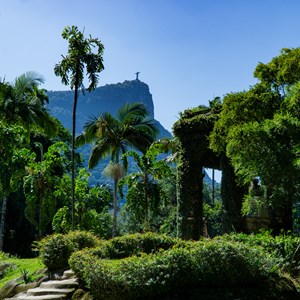 Niklas Schubert Rocha/Shutterstock.com
Niklas Schubert Rocha/Shutterstock.com
Botanical Garden
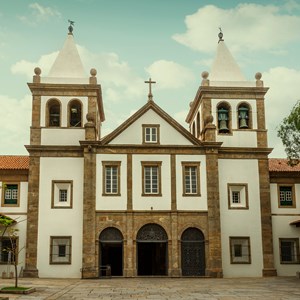 mikolajn/Shutterstock.com
mikolajn/Shutterstock.com
Monastery of São Bento
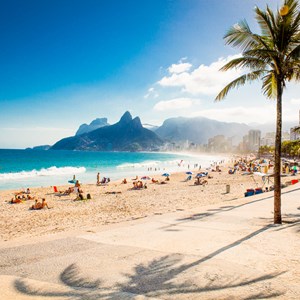 Aleksandar Todorovic/Shutterstock.com
Aleksandar Todorovic/Shutterstock.com
The Beaches of Rio de Janeiro
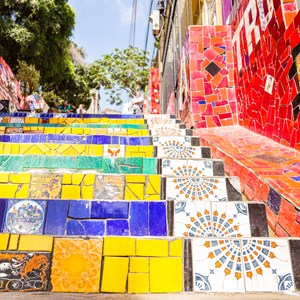 Filipe Frazao/Shutterstock.com
Filipe Frazao/Shutterstock.com
Escadaria Selarón
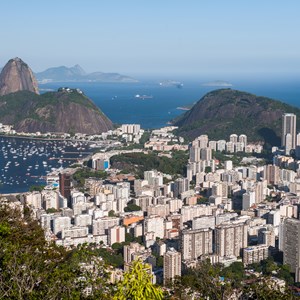 vitormarigo/Shutterstock.com
vitormarigo/Shutterstock.com
Mirante Dona Marta
 Alexandre Rotenberg/shutterstock.com
Alexandre Rotenberg/shutterstock.com
Hang Gliding over Rio de Janeiro
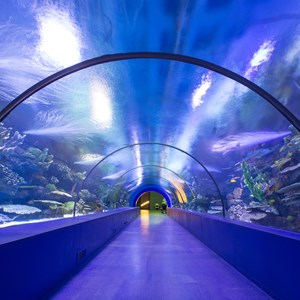 Pakhnyushchy/Shutterstock.com
Pakhnyushchy/Shutterstock.com
AquaRio
 Furtseff/Shutterstock.com
Furtseff/Shutterstock.com
Rio das Ostras Jazz & Blues
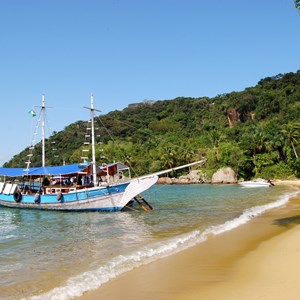 ah_fotobox/Shutterstock.com
ah_fotobox/Shutterstock.com
Aventureiro Sustainable Development Reserve
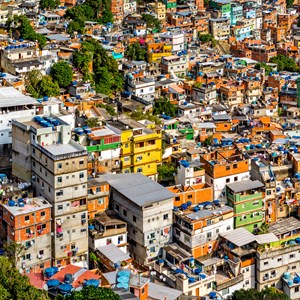 mandritoiu/Shutterstock.com
mandritoiu/Shutterstock.com
Favelas
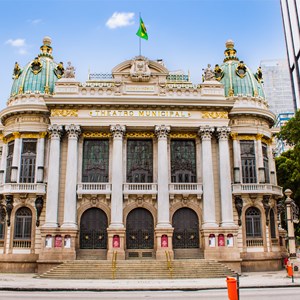 Aleksandar Todorovic/Shutterstock.com
Aleksandar Todorovic/Shutterstock.com
Municipal Theater
 Oana Raluca/Shutterstock.com
Oana Raluca/Shutterstock.com
Sitio Roberto Burle Marx
 Iakov Filimonov/shutterstock
Iakov Filimonov/shutterstock
National History Museum
 rocharibeiro/Shutterstock.com
rocharibeiro/Shutterstock.com
Dining
Rio's cultural diversity is reflected in the wide and heterogeneous range of restaurants spread throughout the city. Whether you plan to satisfy your hunger with a hearty traditional meal of picanha and feijoada, tickle your taste buds with European delicacies, or explore Middle Eastern cuisine, you will surely find a restaurant that suits your food preferences and budget.
 Kzenon/Shutterstock.com
Kzenon/Shutterstock.com
Cais do Oriente
 Robyn Mackenzie/Shutterstock.com
Robyn Mackenzie/Shutterstock.com
Amir
 Stockmelnyk/shutterstock.com
Stockmelnyk/shutterstock.com
Hachiko
 Stephen Mcsweeny/Shutterstock.com
Stephen Mcsweeny/Shutterstock.com
Braseiro da Gavea
 stockcreations / Shutterstock.com
stockcreations / Shutterstock.com
Oro
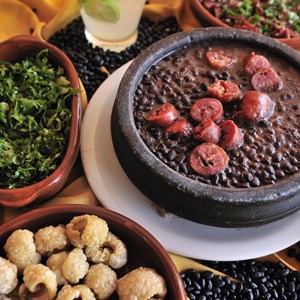 T photography / Shutterstock.com
T photography / Shutterstock.com
Zazá Bistrô Tropical
 Recordman/shutterstock.com
Recordman/shutterstock.com
Galeto 183
 saschanti17/shutterstock.com
saschanti17/shutterstock.com
Org Bistrô
 Larisa Blinova/shutterstock.com
Larisa Blinova/shutterstock.com
Gurumê
 Joshua Resnick/Shutterstock.com
Joshua Resnick/Shutterstock.com
Marius Degustare
 Timolina/Shutterstock.com
Timolina/Shutterstock.com
Prana Vegetariano
 Artem Shadrin/Shutterstock.com
Artem Shadrin/Shutterstock.com
Cafés
The cafés of Rio de Janeiro are part and parcel of the city's history and remarkable culture of hospitality. Whether it is an elaborate nineteenth-century venue or a small, trendy hangout, Rio's cafés will delight your taste buds with the typically light Brazilian breakfast, delicious freshly baked pastries, and their coffee's intense aroma.
 Shebeko / Shutterstock.com
Shebeko / Shutterstock.com
Confeitaria Colombo
 Zhukov Oleg / Shutterstock.com
Zhukov Oleg / Shutterstock.com
Café Hum
 Paulo Vilela / Shutterstock.com
Paulo Vilela / Shutterstock.com
Da Casa da Táta
 Oliveshadow / Shutterstock.com
Oliveshadow / Shutterstock.com
Talho Capixaba
 Brent Hofacker/shutterstock.com
Brent Hofacker/shutterstock.com
Polis Sucos
 Beto Chagas/shutterstock.com
Beto Chagas/shutterstock.com
Casa Cavé
 Irina Suglobova/shutterstock.com
Irina Suglobova/shutterstock.com
Confeitaria Kurt
 Yusev/Shutterstock.com
Yusev/Shutterstock.com
Empório Jardim
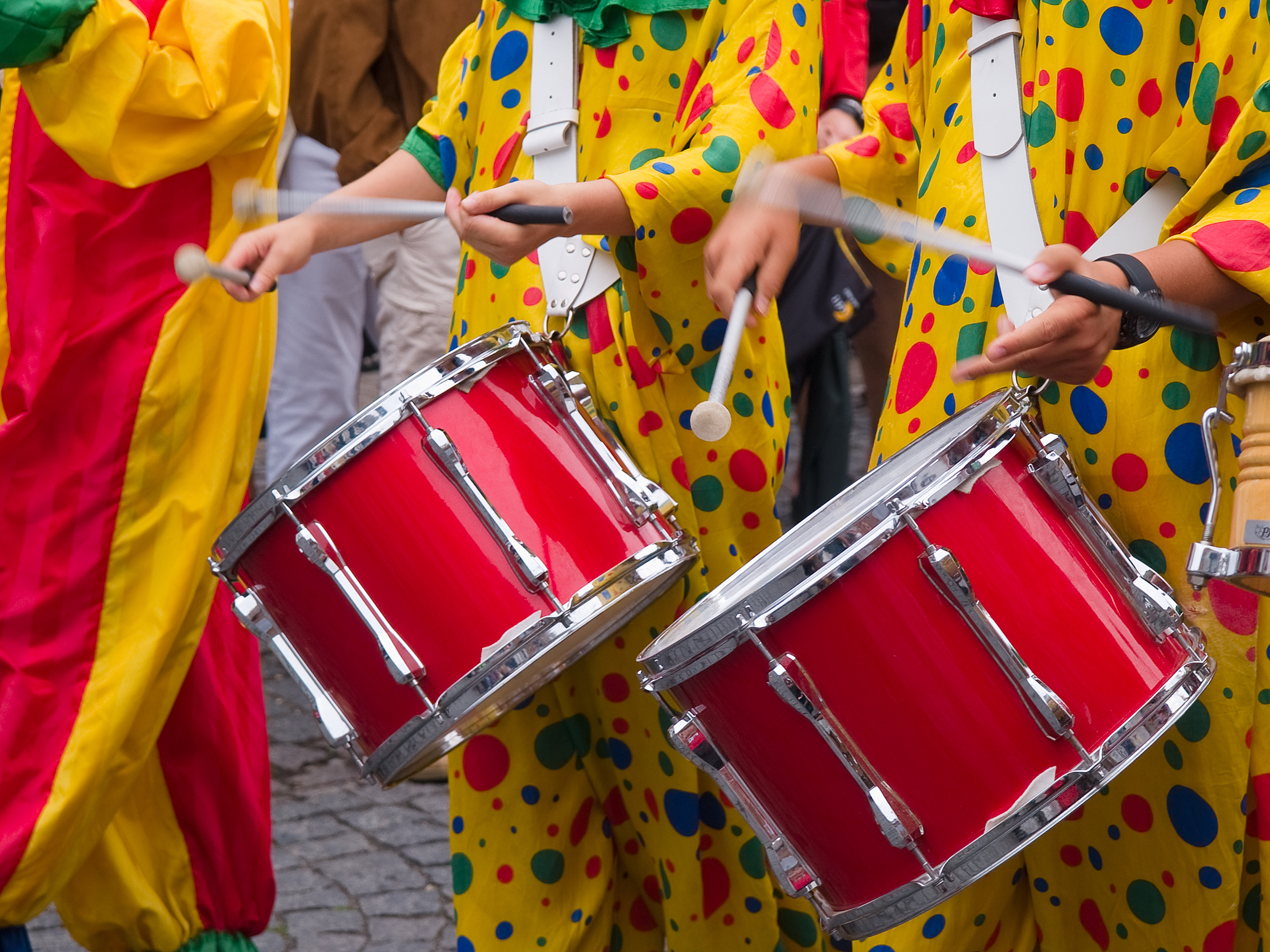 Ron Zmiri/Shutterstock.com
Ron Zmiri/Shutterstock.com
Bars & Nightlife
Not many cities can stand up to Rio de Janeiro's lively nightlife scene. The city provides all kinds of entertainment, from sophisticated cocktail bars and fancy nightclubs to nocturnal circus performances and underground samba shows. Find the place that suits you best and enjoy a night of unforgettable experiences.
 Andreas Prott/shutterstock.com
Andreas Prott/shutterstock.com
Bla Blá
 Syda Productions / Shutterstock.com
Syda Productions / Shutterstock.com
Clube dos Democraticos
 Melinda Nagy/shutterstock.com
Melinda Nagy/shutterstock.com
Circo Voador
 Artem Kozhyn/shutterstock.com
Artem Kozhyn/shutterstock.com
Fundição Progresso
 saschanti17/shutterstock.com
saschanti17/shutterstock.com
Explorer Bar
 Alexey Andr Tkachenko/shutterstock.com
Alexey Andr Tkachenko/shutterstock.com
Bar Armazém São Thiago
 Africa Studio/Shutterstock.com
Africa Studio/Shutterstock.com
Bar Carioca da Gema
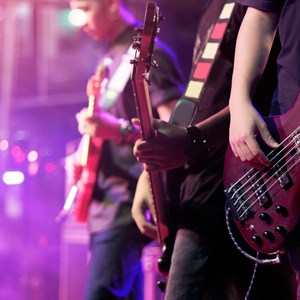 PopTika/Shutterstock.com
PopTika/Shutterstock.com
Bar Bukowski
 Daniel M Ernst/Shutterstock.com
Daniel M Ernst/Shutterstock.com
Shopping
When it comes to shopping, Rio de Janeiro proves to have many opportunities. The city provides a dual shopping experience: modern and international in the big shopping malls and traditional and folkloric in the open-air markets and fairs around the city.
 Africa Studio / Shutterstock.com
Africa Studio / Shutterstock.com
Shopping Streets
 Milles Studio / Shutterstock.com
Milles Studio / Shutterstock.com
Shop in Búzios
 Syda Productions/shutterstock.com
Syda Productions/shutterstock.com
Rio's shopping malls
 goodluz/shutterstock.com
goodluz/shutterstock.com
Feira Hippie de Ipanema
 Lolostock/shutterstock.com
Lolostock/shutterstock.com
Mercado Uruguaiana
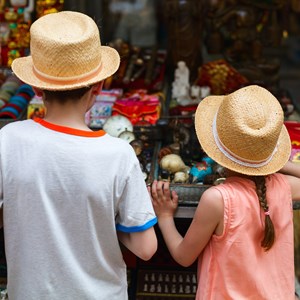 BlueOrange Studio/shutterstock.com
BlueOrange Studio/shutterstock.com
Saara
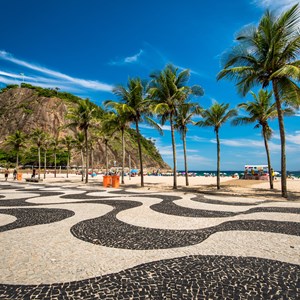 Donatas Dabravolskas/shutterstock.com
Donatas Dabravolskas/shutterstock.com
Feira de Copacabana
 DGLimages/shutterstock.com
DGLimages/shutterstock.com
Feira do Rio Antigo
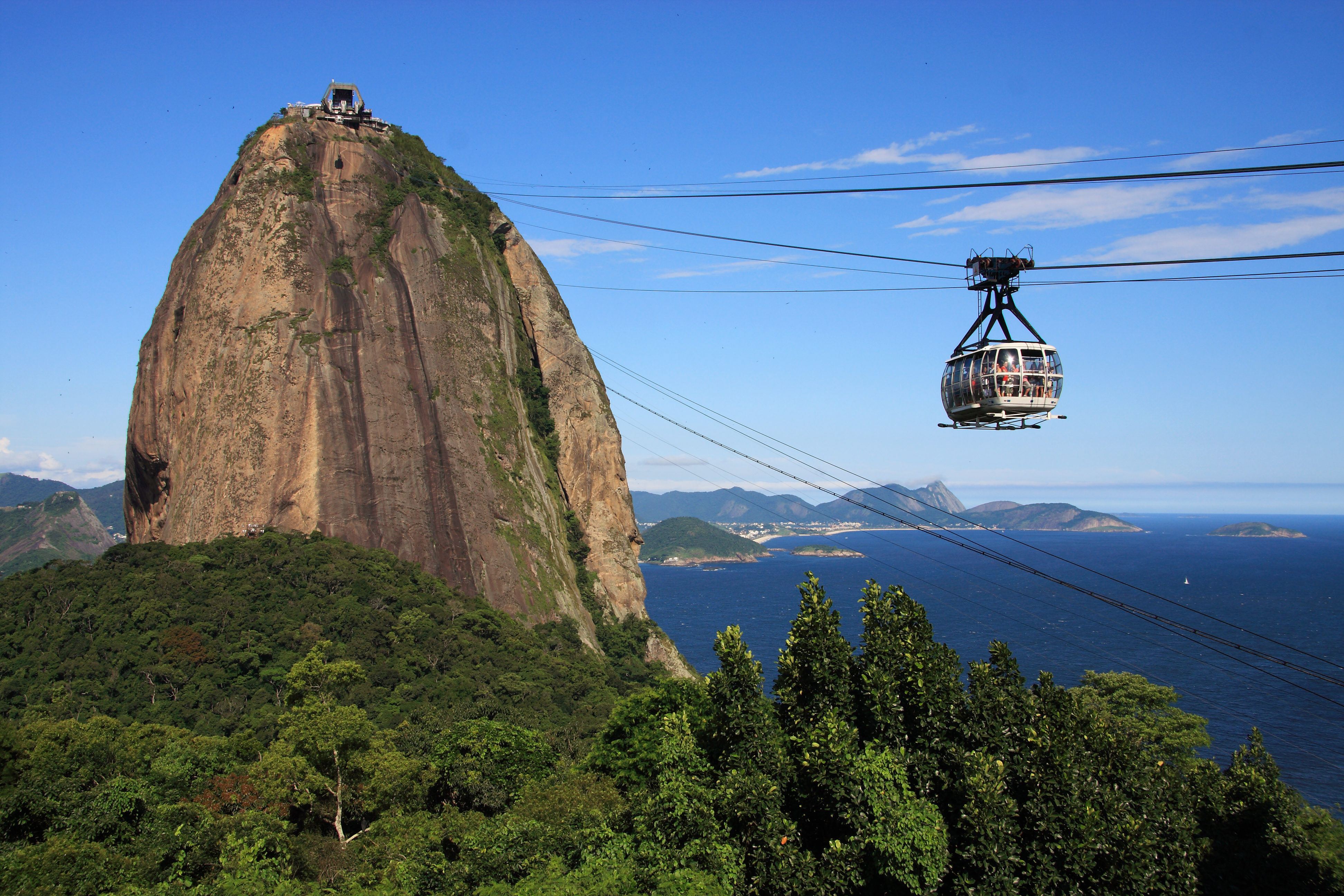 John Copland/Shutterstock.com
John Copland/Shutterstock.com
Tourist Information
International Airport Galeão (GIG)
Galeão International Airport (GIG), Rio’s primary international gateway, occupies Governador Island in Guanabara Bay, 20 kilometres north of the city centre. Its two terminals are connected to central Rio by the Linha Vermelha and Linha Amarela expressways, with transport options to suit all budgets.
Public transport is efficient: the TransCarioca BRT line runs 24/7, linking Terminals 1 and 2 to Barra da Tijuca (via subway connections at Vicente de Carvalho station) and the Novo Rio Bus Terminal. For direct routes, regular buses depart every 10 minutes to Santos Dumont Airport (SDU) and downtown (40-minute journey). Taxis are plentiful: book official yellow (standard) or blue (executive) cabs at arrivals desks to avoid inflated fares.
Facilities cover essentials: ATMs, currency exchange, dining options and paid parking. While the airport lacks rail links, its BRT integration simplifies access to ferries, light rail and metro lines.
Address: Aeroporto Internacional do Rio de Janeiro/Galeão–Antonio Carlos Jobim, Avenida Vinte de Janeiro, Ilha do Governador, Rio de Janeiro
Email:
Phone: +55 21 3004 6050
Website: www.riogaleao.com/passageiros
More Information: The official name of this airport is Rio de Janeiro/Galeão–Antonio Carlos Jobim International Airport (GIG).
Passport / Visa
Brasil can be visited visa-free for up to 90 days by citizens of most European countries, Australia, New Zealand, Japan, South Korea, Israel, UAE, South Africa and most countries in America.
Visitors coming from most South American countries can enter the country with an identity document instead of a passport. Venezuelan visitors, however, need a visa in case of stays longer than 60 days.
Visa-free entry for a period shorter than 30 days is granted to citizens of Indonesia, Kazakhstan and Singapore.
Nationals of Panama, Malaysia, Namibia, Guatemala, Bahamas and Barbados can enter the country visa-free for tourism purposes only. Most African countries' citizens must obtain a visa in advance.
If you are unsure whether or not you need to apply for a visa, we recommend contacting the embassy or consulate in your country.
Address:
Email:
Phone:
Website:
More Information:
Best Time to Visit
Rio de Janeiro is characterized by hot, extremely humid summers and cool, cloudy winters; therefore, choosing the best period to visit the city depends mainly on individual preferences.
Summer is the best period for hot weather lovers and party people willing to tolerate high humidity and frequent rainfall. From November to February, Rio's beaches are invaded by tourists, especially during the famous Carnival.
From March to May, the Fall season offers Rio's best weather: hot and humid but without the drawbacks of the summer. On the other hand, visiting Rio from June to August, during the cloudy Carioca winter, will allow you to avoid high temperatures, humidity and rainfall; during this season, probably the busiest of the year, accommodation prices tend to increase.
Address:
Email:
Phone:
Website:
More Information:
Santos Dumont Airport (SDU)
Santos Dumont Airport, located eight kilometres downtown from Rio de Janeiro, operates only regional flights, connecting the main cities of the country. It has a range of facilities, including ATMs, telephones and car hire offices.
There are two bus lines that operate from the airport: number 2145 runs to Rio de Janeiro International Airport and number 2018 runs to Rio de Janeiro International Airport and Alvorada.
Taxis are also available.
Address: Praça Sen. Salgado Filho, Centro, Rio de Janeiro
Email:
Phone: +55 21 3814 7070
Website: www4.infraero.gov.br/aeroporto-santos-dumont
More Information:
Public Transport
Rio de Janeiro provides many different means of transportation to get around. The subway is the easiest, fastest and safest among them. It is open from 5am–12am from Monday to Saturday and from 7am–11pm on Sunday and consists of two lines (orange and green), linking all the main tourist spots of the city.
Buses are practical, convenient and, above all, needed to get to the many hilly areas of the city. Just remember to be extra careful of pickpockets during rush hour! Night buses are also available.
Trams and trains' limited network makes them less useful to tourists. They are, however, used to reaching a few tourist areas such as Mount Corcovado or the Santa Teresa neighbourhood.
Address:
Email:
Phone:
Website: www.metrorio.com.br
More Information:
Ferries
Ferries connect the mainland with some of the nearby islands. They are a good way to avoid road traffic while enjoying the view of the city and its bays. One of the most popular itineraries is the one going towards the tropical Paquetá Island, in Guanabara Bay. Bicycles are allowed on board if you wish to explore when you disembark.
Address:
Email:
Phone:
Website:
More Information:
Taxi
There are plenty of taxis in Rio. They are usually fairly priced, but you must beware of the unlicensed ones and use only those associated with an accredited company: yellow, identified by stickers on the window and fitted with a meter.
Sometimes taking a taxi may not be the best option: Rio is characterized by heavy urban traffic that may slow you down and make your rate increase significantly; on the other hand, during the night some drivers might quote you excessive rates.
Taxis are usually found in the designated ranks outside hotels and airport terminals. When in doubt, ask the hotel or restaurant to call you a taxi, drivers often barely speak English.
You can also request a ride with Uber.
Nettaxi
+55 21 98569 2648
Aerocoop
+55 21 3078 5050
Aerotaxi
+55 21 2467 1500
Address:
Email:
Phone:
Website:
More Information:
Post
There are many post offices around the city of Rio de Janeiro. The name of the national post agency is Correios. Post office branches are quite easy to locate thanks to their blue and yellow sign.
Address: In Copacabana: Avenida Nossa Sra. de Copacabana, 540, Rio de Janeiro
Email:
Phone: +55 21 2256 1439
Website: www.correios.com.br
More Information:
Pharmacy
Rio de Janeiro has a number of pharmacies around the city. Large pharmacy chains to look for are Drogaria Pacheco, Droga Raia, Drogaria Pop and Drogaria Venancio.
These chains can be easily found everywhere in Rio and are usually open from 7am–11pm.
The following pharmacies are open 24 hours a day:
Drogaria Pacheco
R. Marquês de Abrantes, 144 - Flamengo, Rio de Janeiro
+55 21 3237 1044
Droga Raia
Av. Nossa Sra. de Copacabana, 919 - Copacabana, Rio de Janeiro
+55 21 97195 8296
Address:
Email:
Phone:
Website:
More Information:
Telephone
Country code: + 55
Area code: 21
Address:
Email:
Phone:
Website:
More Information:
Electricity
In Rio de Janeiro, plugs and sockets are of type N. The standard voltage is 110 / 120 V but many hotels also provide 220 V outlets. Standard frequency is 60 Hz.
Address:
Email:
Phone:
Website:
More Information:



